By Mace Vaughan, the Xerces Society for Invertebrate Conservation
Although the Xerces Society is a national organization with staff across the U.S., our main office is in Portland and we take special pride in our work close to home here in Oregon. Over the last decade we have worked with farmers and agencies across the state, helping them better understand the pollinators within their landscapes and creating habitat for pollinators. For example, last year we completed a 50-acre pollinator meadow on Government Island in partnership with the Port of Portland. We are currently surveying pollinators as part of a Bonneville Power Administration restoration project, and are working with the U.S. Forest Service to study and conserve the mardon skipper and Johnson’s hairstreak butterflies. We have trained hundreds of farmers and agency staff on how to best manage farms with pollinators and other beneficial insects in mind and have provided training on how to monitor bee populations. Beyond Oregon Xerces is bringing on six new pollinator conservation biologists to work as partner biologists with the USDA’s Natural Resource Conservation Service. The new positions will be based in California, Nebraska, North Dakota, Minnesota, Iowa, and Maine.
This week, the Xerces Society, in partnership with Oregon Tilth (https://tilth.org), is rolling out Bee Better Certified™, a national farm and food certification program. The new certification is designed to recognize growers who have adopted habitat and reduced-risk pesticide practices that protect and support the pollinators on their farms. To learn more, visit http://beebettercertified.org. Also, Xerces and Oregon Tilth have scheduled a webinar for farmers and others to learn more about the new certification on Tuesday, June 20 at 1pm (https://tilth.org/event/bee-better-certification-webinar/).
Pollinator Week is a great time to participate in Bumble Bee Watch, and the forecast looks great for finding them visiting the flowers in your area. To learn more about how you can help Xerces and our partners search for and map bumble bees, visit www.bumblebeewatch.org
Many pollinators are in trouble, but if we all work together we can help these animals that do so much for us. For more information on how you can help visit: www.xerces.org
